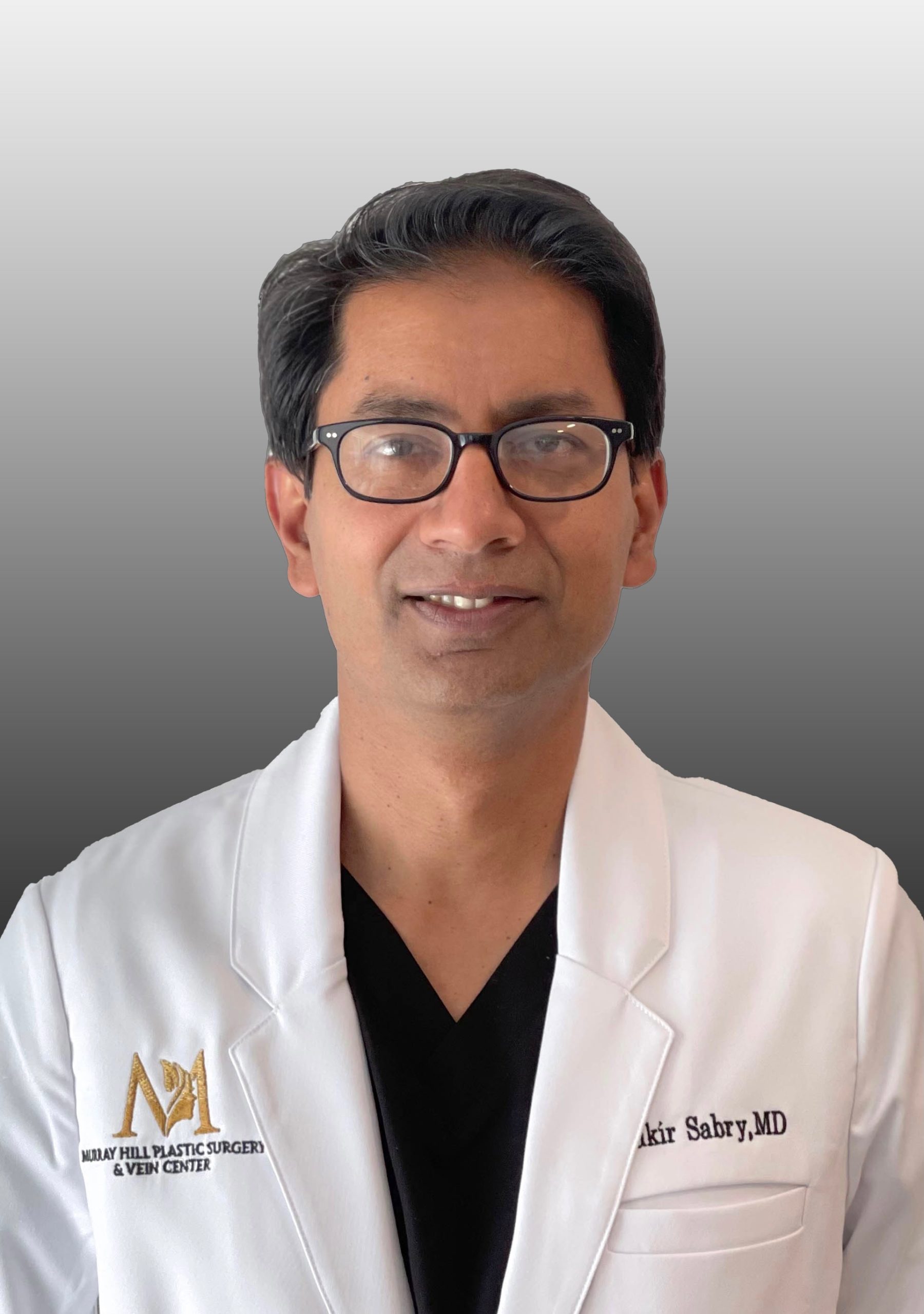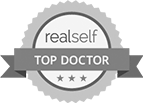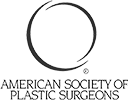Autologous Fat Transfer
 Fat transfer or fat grafting is a process that involves harvesting fat cells from other parts of the body, purifying them and injecting them into the treatment site to increase volume. In many instances grafted fat, and the stem cells associated with it, has rejuvenating and reparative qualities.
Fat transfer or fat grafting is a process that involves harvesting fat cells from other parts of the body, purifying them and injecting them into the treatment site to increase volume. In many instances grafted fat, and the stem cells associated with it, has rejuvenating and reparative qualities.
While results from fat grafting can be long-lasting, many Plastic Surgeons do not consider them permanent or predictable. Fat survival can vary from patient to patient and from procedure to procedure. Secondary and even tertiary treatments may be needed, especially in areas of the anatomy that have thinner soft tissue (such as the juncture of the lower lid and cheek).
Nonetheless, for patients who would prefer a more natural approach without the use of foreign material, fat grafting can be a fine option. Dr. Sabry can help you make the right choice.
Areas typically treated with autologous fat:
- Breasts
- Cheeks
- Pitted acne scars
- Hands
- Buttocks
Ideal Candidates for Autologous Fat Transfer
Women who desire a small to moderate increase in breast size and who also have areas of excess fat are typically good candidates for autologous fat breast augmentation. Healthy patients who are not pregnant or breastfeeding are excellent candidates for autologous fat transfer.
The donor area(s) must have sufficient excess fat to support the goals of the cosmetic procedure. Candidates must have realistic expectations.
Some things to consider:
- The fat may not survive and you won’t “see any difference”
- Too much fat may result in an unnatural appearance
- The fat-grafted areas sometimes look lumpy and irregular in contour
Murray Hill Plastic Surgery & Vein Center Autologous Fat Transfer

Autologous Fat Transfer Consultations
During your autologous fat transfer consultation with Dr. M. Zakir Sabry, he will answer questions you may have about the procedure and will discuss any safety concerns related to the surgery. He will listen to your aesthetic goals and recommend several treatment options.
He will check for possible complications by reviewing your medical records. He will also evaluate your general physical health and examine your potential donor areas for autologous fat transfer. Based on his assessment, he will create the perfect treatment plan for you.
The treatment plan will be discussed in detail, from extracting the excess fat cells to processing them to transferring them to the designated area. He will also inform you about the potential cost and the recovery process.
Prepare
After a thorough assessment and conversation about your goals Dr. Sabry will recommend a treatment plan for your desired outcome. Autologous fat rejuvenation may require incremental treatments, usually done as a series of three or more procedures. Improvements are gradual, natural, and well-controlled. Once you decide to proceed you will meet with our Office Manager to discuss scheduling and payment options. You will be advised to avoid aspirin, Motrin, and similar blood-thinning products for 8 days prior to injections to minimize risk of bruising.
Procedure
Your procedure may last up to 90 minutes or longer depending on the area being treated and the amount of harvested fat required. You and Dr. Sabry will have selected a ‘donor site’ from which the fat will be liposuctioned. It will then be washed, purified, and transferred to very small grafting cannulas. Dr. Sabry exclusively uses disposable blunt cannulas, not needles to administer the treatments. The use of cannulas allows Dr. Sabry to contour more precisely. They are safer particularly around the eyes. Cannulas also minimize discomfort and bruising. Dr. Sabry uses meticulous care and technique to avoid ‘lumps and bumps’ in areas of the anatomy that have very thin tissue, such as the lips and lower eyelid. He will not ‘over fill’ an area, but rather obtain consensus ahead of time to potential repeat treatment. That way the patient will always have a natural and fresh appearance, never ‘over done’.
Recovery
Recovery will largely be determined by the treatment site and the amount of donor fat needed. There may be swelling and bruising. Medications will be prescribed to help deal with any discomfort during the recovery period. Drains as well as compression garments for the donor site may be required for more extensive procedures such as breast or buttock augmentation. Less extensive procedures may result in only minor bruising and swelling. Dr. Sabry will provide you with detailed instructions for aftercare, and a timeframe for resumption of normal activities.
A post-treatment appointment may be scheduled so Dr. Sabry can assess your recovery and the results of your autologous fat transfer procedure. He will make recommendations accordingly.
Complications
Complications from fat grafting are rare. It is usually performed without problems. Some potential reactions include:
- Adverse reaction to anesthesia
- Hematoma or seroma (an accumulation of blood or fluid under the skin that may require drainage)
- Infection
- Changes in sensation
- Scarring
- Allergic reactions
- Damage to underlying structures
- Unsatisfactory results that may necessitate additional procedures
If complications occur, it is important to contact Dr. Sabry immediately.
The Cost of Autologous Fat Transfer Treatment
The cost of your autologous fat transfer treatment may be impacted by the amount of fat extracted and transferred to its new location. The total time needed to perform the treatment can affect the overall price of the treatment, as can the specific techniques used.
Set Up Your Appointment
For more information about autologous fat transfers in NYC, contact Murray Hill Plastic Surgery today and set up your consultation!
Your Autologous Fat Transfer will be performed by M. Zakir Sabry MD's surgery center located in New York, NY.







